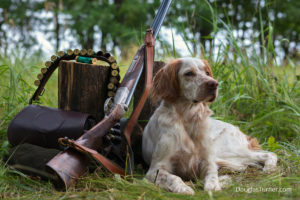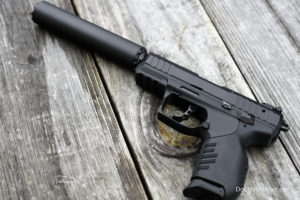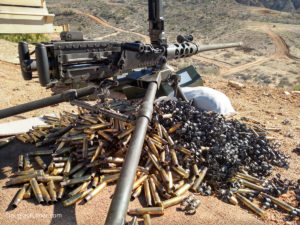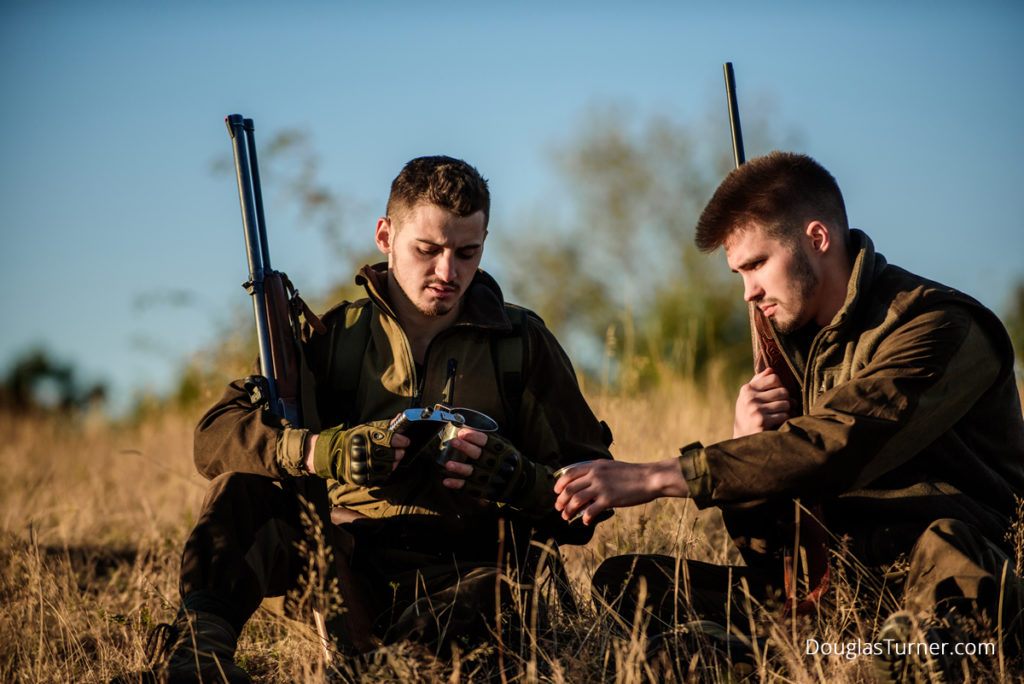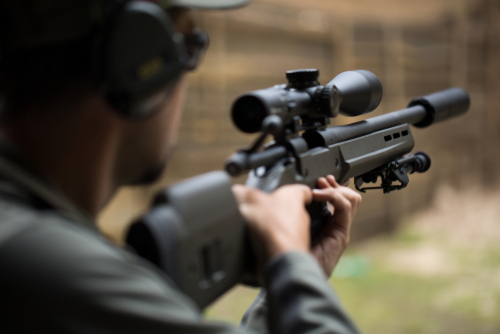 Does My Trust Need to be Registered with the State of Colorado?
Does My Trust Need to be Registered with the State of Colorado?
As of September 2020, Colorado does not require registering our revocable firearm trust. Several other states require registration, but not for personal property or revocable trusts of this nature.
How Can I Transfer Items to the Trust When the Trust Already Owns Them?
In other words, why is the assignment page necessary and what does it do? Technically, in the case of a Form 4, the Assignment form we include with your trust does nothing because you never owned or purchased the items as an individual. However, if you do not include a completed assignment with your trust, the ATF will not approve the transfer or purchase of the NFA items. The ATF has a checklist and without an assignment page or Schedule A, the ATF will not approve the transfer. Do yourself a favor and fill it out and send it in with your NFA trust to avoid unnecessary delays.
Maintenance or Repair
Should you require service or repair of an NFA item, other than routine and otherwise permissible owner-completed maintenance, a trustee should contact the manufacturer for recommendations, because some NFA items cannot be repaired under the NFA. If these items are serviced or repaired, a licensed gunsmith may be used after submitting an ATF Form 5 (5320.5) application for the purposes of the work. The gunsmith must have a Special Occupational Taxpayer license to perform services or repairs of NFA items. The gunsmith will then submit an ATF Form 5 before returning the item to a trustee.
Storage of NFA Items
The ATF requires NFA items be stored in a manner that no one other than a current trustee shall have access to them. This is specific to how the trust is drafted. Our trust is drafted so that only current trustees are entitled to firearm possession and even then with some limitations. The fact that an individual is a successor trustee or beneficiary does not entitle them to current possession of trust firearms.
Transferring Previously owned NFA Firearms to the Trust
Should you want to transfer previously acquired NFA items to your trust, fill out a Form 4 from yourself to the trust. In the section where the dealer would provide its information, you will provide the information on yourself as an individual. Each of these transfers will be subject to a new fee. Remember that in some states where the laws have changed, it may not be possible to complete a new transfer because it would violate the current laws of where the items are located. A Colorado background check may be required on you and other co-trustees.
Should I Make a List of all Firearms and Submit it with my Trust to the ATF?
There is no requirement to make a list of all your firearms. However, it is a good idea to keep an inventory of the trust firearms for you and your successor(s) information. This list does not need to (and should not be) submitted to the ATF when you send in a Form 4 or Form 1. Send only a copy of the one assignment sheet containing the item that pertains to that particular Form 4 or Form 1.
Can a Successor Trustee Possess Trust NFA Items?
Under our trust, a successor trustee may not have access to or be in possession of any NFA items until they become an active/current trustee. Successor trustees are typically not considered a Responsible Person under your trust agreement as drafted by us. One who is named a successor trustee does not have to accept the position.
Can a Beneficiary Possess Trust NFA Items?
There are two types of Beneficiaries. The original beneficiary of the trust is usually the grantor or settlor who creates the trust. This is the lifetime beneficiary. In addition, a valid trust may require that there be a beneficiary named who will receive the benefit of the items upon the death of the lifetime beneficiary. As usually drafted, a beneficiary has no rights in the trust as long as there is a living Settlor; therefore a beneficiary has no right to access or be in possession of the NFA items owned by the trust. A beneficiary can also be named as an active trustee, and as an active trustee, have the right to possession and use of the NFA firearms.
As the Person Who Created the Trust, Can I act Alone?
In article III Section F of the trust where Trustee is defined you will notice that we usually give the trust maker/settlor some special powers to act on their own which everyone else usually needs a majority of the then serving trustees to take action. This extra protection allows you to make decisions regarding the trust on your own and without consent or agreement of the others. The language usually states: “Despite anything in this Trust Agreement to the contrary, whenever (the main trustee) is serving as trustee, he/she may act alone in all matters pertaining to the trust including but not limited to removing and replacing trustees even though this Trust Agreement may refer to the “Settlors acting jointly.”
Can I put my non-NFA firearms in the NFA Trust?
As a general rule, our NFA trust is designed to be a Colorado firearm trust. Most regular firearms can be held in the name of our Colorado NFA trust.

